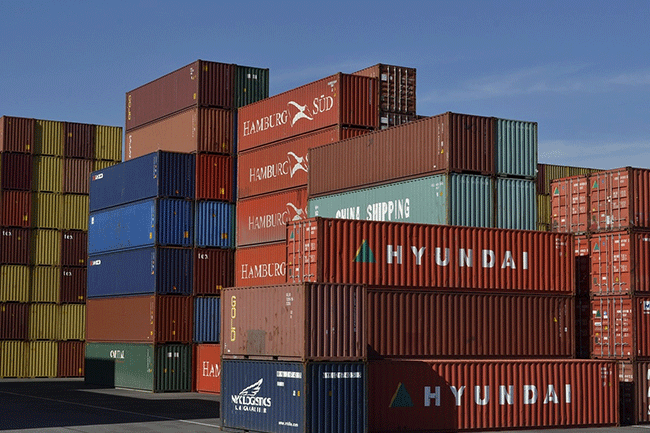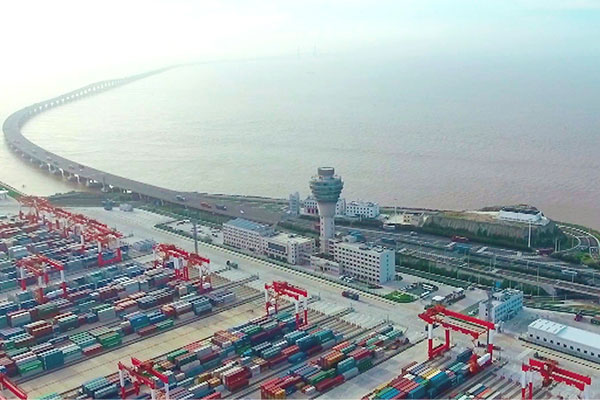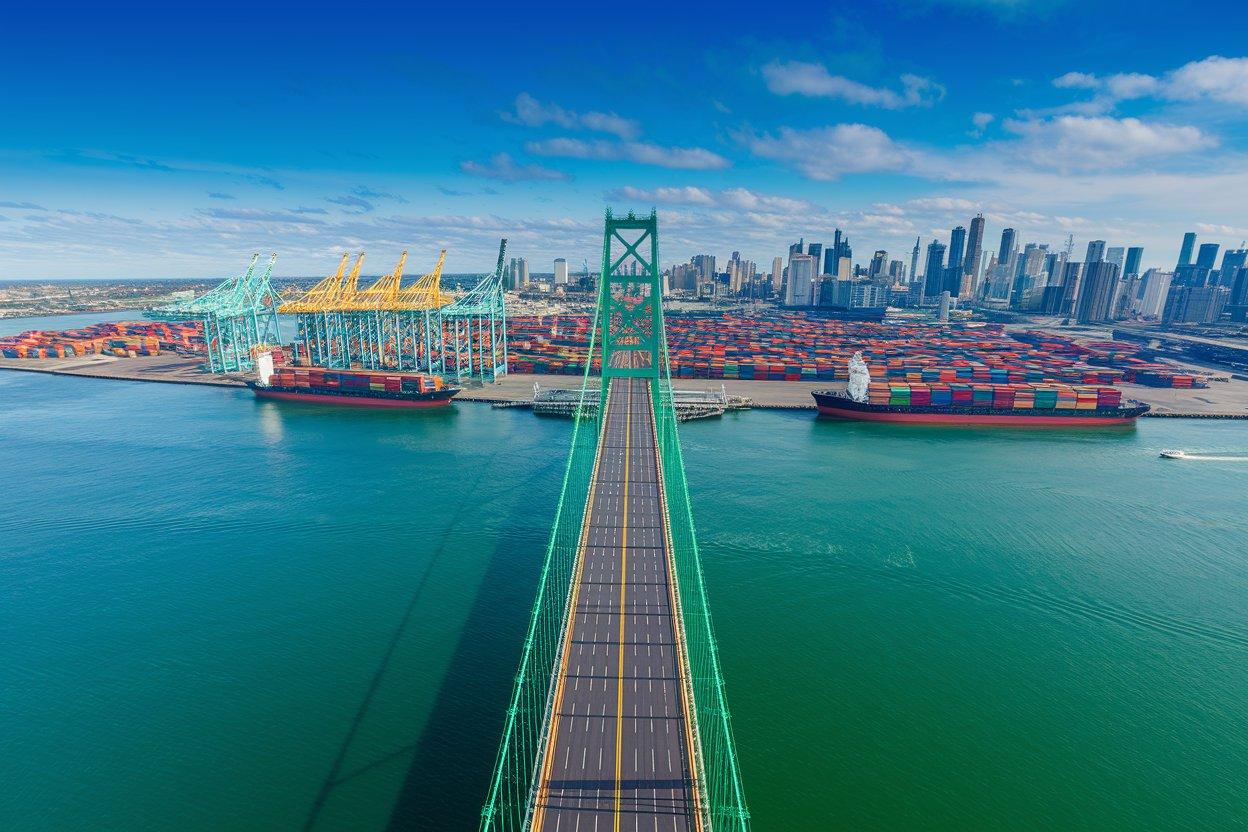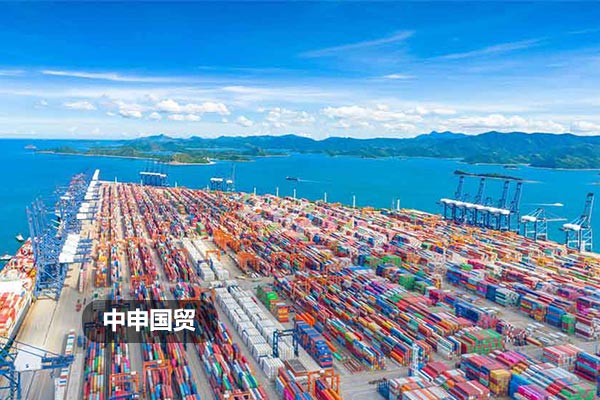- Shanghai Zhongshen International Trading Co., Ltd. – Your reliable partner with 20 years of import/export agency service expertise.
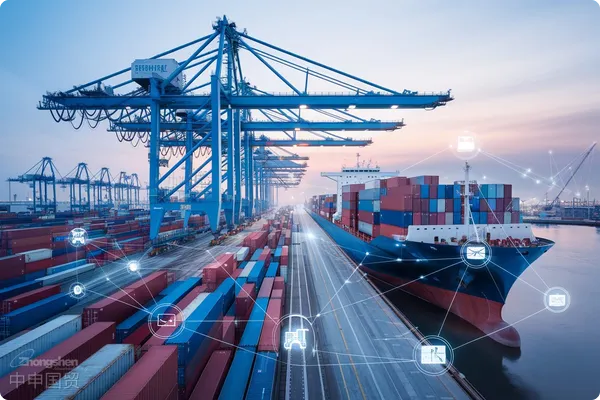
1.?Equipment Export?The Three Hidden Thresholds of Maintenance
The global equipment-maintenance-service market is projected to exceed US$380 billion in 2025, yet companies that run cross-border repair operations on their own still face unique challenges:
- HS Code Classification Pitfalls: The EU has implemented a new classification rule for repair parts since January 2025; a Jiangsu-based machine-tool company incurred a 40 % tariff loss after misreporting the code.
- Technical Compliance Maze: The U.S. FDA implements a three-tier certification system for medical device refurbishment; factory returns must obtain a new 510(k) clearance.
- Reverse-logistics black hole: In the Southeast Asian market, the average customs clearance delay per repair order reaches 22 working days, affecting the fulfillment of customer service commitments.
II. Deconstructing the Value of Professional Agency Services
Compare the cost structures of a certain auto-parts manufacturer when operating independently versus using an authorized agent:
- Time Cost: Self-handling took 136 hours vs. 38 hours with an agency service
- Hidden expenses: The proportion of abnormal handling costs dropped from 17% to 4%
- Occupancy of funds: The margin turnover cycle has been shortened by 62%.
III. Seven Golden Criteria for Selecting an Agent
- Qualification Matrix Certification:
- AEO (Authorized Economic Operator) Advanced Certification
- Industry-entry license for the repair of specific equipment
- Emergency response capability: Provide proof of the timeliness of customs clearance anomaly handling for the past 12 months.
- Technical documentation system: Check whether a complete library of technical documentation templates such as CE/FCC is available.
- Tax Planning Solutions: Verify the success rate of tax refunds for similar businesses in the past three years
- Logistics network coverage: Confirm actual operational cases of bonded maintenance warehouses in the destination country
- Legal risk management and control: Request to provide a sample intellectual property protection agreement
- Degree of data visualization: Live demonstration of the real-time customs declaration progress tracking system
IV. Typical Misconceptions in Cross-Border Repair Agency
A Shenzhen-based electronics manufacturer once incurred project losses due to a misguided perception:
- Blind faith in “full-service” packages while neglecting compliance review of quality documentation
- Only explicit quotes are compared; the cost of handling abnormal situations is not included.
- Over-reliance on a single transportation channel led to a supply-chain disruption when a port strike occurred.
V. New Trends in Agency Services in 2025
With the full implementation of the RCEP agreement, it is recommended to focus on:
- Implementation of Tariff Reduction Policies for Repair Parts in the ASEAN Market
- Application of Blockchain Technology in Cross-Border Maintenance Quality Traceability Systems
- A new model of bonded maintenance supervision based on multi-country collaboration
Professional equipment-maintenance agency services have evolved from mere logistics channels into technical-compliance stewards. Choosing a provider with deep industry expertise and a complete solution will become a critical success factor for manufacturing companies expanding into international after-sales markets.
? 2025. All Rights Reserved.
